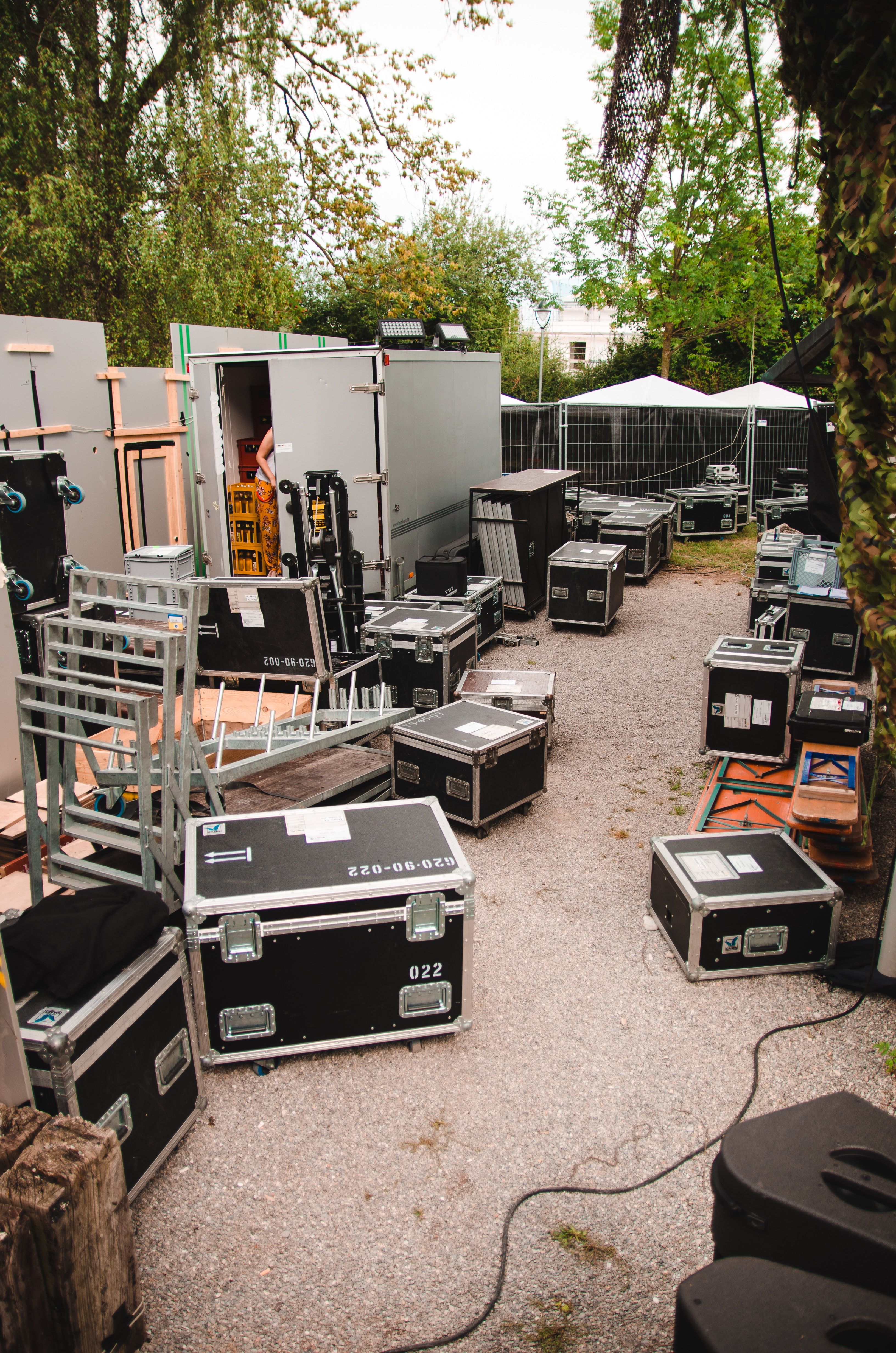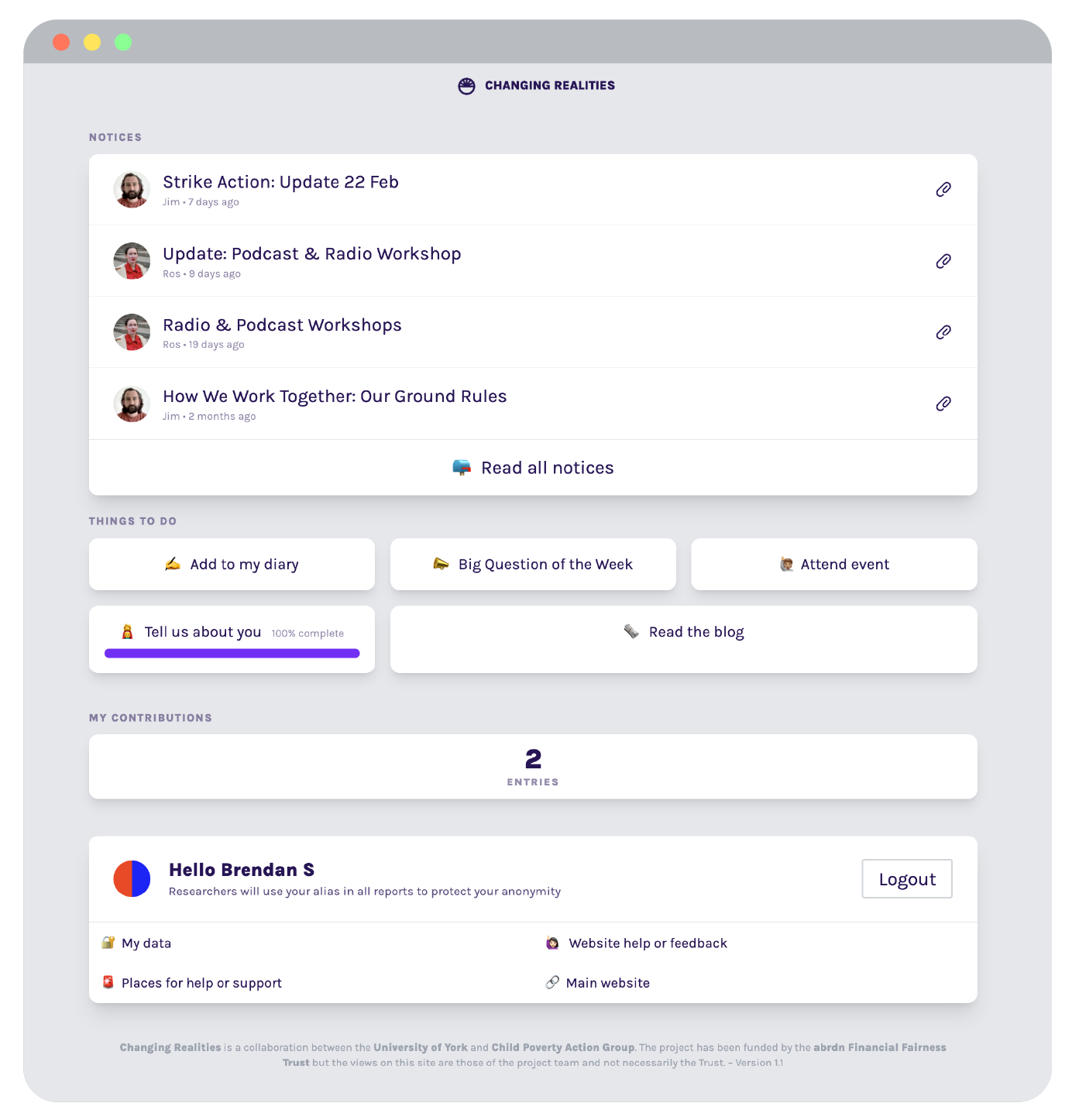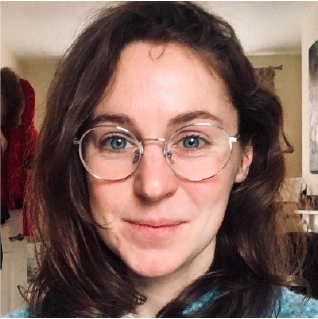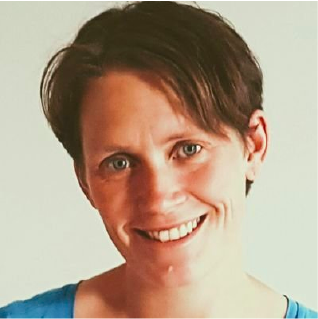
 Photo: Kilian Seiler
Photo: Kilian SeilerBehind the Scenes of Covid Realities and Changing Realities
01 Mar, 2023For more than three years, we have worked with a parents and carers living on a low income, first as Covid Realities and now as Changing Realities, to document the realities of life on a low income with children and to set out what needs to change. You can read our book, our reports (here and here) and our blogs, check out our cool zines and listen to our audio recordings of conversations between parents and carers.
But what we have never really done is talked about how we have done this, how we have come together online with well over a hundred people and kept on doing so across three incredibly challenging and eventful years. This blog is our first effort to correct that.
The starting point and bedrock of our work is our online dashboard. Developed with five parents and carers and web designer Tom Flannery over a couple of months and with multiple iterations, it is a bespoke online space for participants to get involved with the project. Participants can write a diary at any time and of any length, they can learn about what is going on in the project or opportunities to get involved elsewhere, for instance speaking at webinars, and they can sign up to Big Ideas groups (more on that later) and other ad hoc groups, such as meetings with policy makers and media training.
The online dashboard is also the space where participants can find big questions; video elicited questions posed by members of the research team or fellow participants on topical, and important topics. Participants can watch these short videos and then choose how to reply; using text, video or images as they prefer. The dashboard is key – and, thanks to Tom and our participants developers, it looks lovely and is really easy to use on a smartphone, a computer and tablet (as shown in the image below).

Any diary entry that a participant tags as ‘public’ is published on our live archive seven days after being posted. This gives participants an opportunity to withdraw entries they would rather remain private. Thanks to a stellar team, our live archive is continually updated, providing an invaluable insight into the experiences, feelings and opinions of parents and carers in real time. Some entries on the archive may be a response to a particular ‘Big Question’, for instance on a recent government policy change or industrial action, and will cohere around this topic, while others will chart the varied lives of parents and carers living on a low income.
Significantly, our online dashboard is not interactive, it’s a space for individuals to connect with the project, and to feed in their experiences; and to keep updated with the project. But we do also create online spaces for interaction between and among participants; and with other members of the research team; most important here are our what we call our ‘Big Ideas groups’. These sessions bring together participants in an online (Zoom) discussion group roughly once a month to discuss and critique topical issues and policies, provide critical feedback on the project and suggest new directions, and critically to support each other. Significantly, the big ideas groups are our decision-making forum, and the space where recommendations for change are co-produced.
Where the dashboard is the bones of the project, these online groups are its heart and soul. They facilitate an invaluable support network between participants, a space where people are listened to and heard, where advice is shared by participants to help each other with problems and challenges. Syeda and Charlotte reflect on what these sessions mean to them:
Thought I would share on the diary my thoughts after last night's Big Ideas meeting. This was supposed to be the last one ever - but there was a great announcement that there is funding for these to continue in to 2023! Everybody was so pleased and relieved with this news. You could see from their faces, their cheering and clapping. These meetings obviously mean something very much to all who attend. And this includes me. I think the meetings meant more to me than I realised. Its hearing the stories, experiences and overall positivity from others in a similar boat that really has buoyed me along since I have been involved. We also did a Dragons Den of ideas on how to improve the benefits system and it was very reassuring to hear others speak about how to change the system we need people not experienced in benefits to know our shared, our lived experiences and to have a better outlook on this maligned system we have. When it does good the benefit system can change lives. But that is not the prevailing view of our system. So last night's meeting was a great tonic, another great experience.- Syeda F
When I was at my lowest Covid Realities cheered me up. Zoom meetings were like a social event and hearing similarities in our stories and our journey made me feel like I wasn’t alone. We laughed and we cried together. The journal was a fabulous outlet to vent and to express our inner mist thoughts and feelings about what I was going through. I will miss these questions and miss the journal entries. It was a real life line throughout Covid and I am eternally grateful for this group. I’ve met some wonderful people and I’ve learned a lot about myself and Universal Credit. It’s been an insightful group to be part of.- Charlotte P
Much of the project’s more recent evolution – the zines and audio, meetings with policy makers, and the transition from Covid to Changing Realities – had its roots in discussions between participants in Big Ideas groups. In response to participant feedback and involvement, the project has developed considerably beyond its initial iteration. Creating change, through policy development and critique, campaigning, and advocacy, are all now integral to the project. In line with this and in response to feedback from participants we now hold what we call our ‘Big Skills’ sessions providing training and support for participants in media work, campaigning and community organising, and policy development.
We’ve also embedded governance structures to ensure that participants can critique the project and shape its future in meaningful ways. Most recently, we've established a Project Advisory Group. This means that six participants have taken on a formal voluntary role, which entails meeting monthly to provide feedback, advice and ideas, with a specific focus on the participatory approach we seek to adopt.
Underpinning what could be seen as the mechanics of the project are strong ethical foundations, of care, community, reciprocity and equality, influenced by feminist ethics. We care for each other and for participants, checking in with participants after meetings and media appearances and on occasions where a diary entry suggests that a participant may be struggling; we regularly send out care packages of tea and biscuits to enjoy during an online meeting and every so often we send something unexpected (and hopefully exciting): a Changing realities hat, a calendar, a notebook, something do to with the kids. We hope this can bring a little of the offline human touch to a largely online world.
We also try and create spaces for reflection and learning; to ensure we recognise and learn from our mistakes; and push ourselves to innovate and improve our participatory approach. Because of this we are learning and changing all the time, but we hope that our overarching way of working and the online platform which enables it can create new and productive ways of doing participatory research. We are keen to share our approach with others and to learn from others who are exploring new mechanisms and approaches to participatory research.
Please do get in touch if you would like to know more or would like to share your own experiences of working in a similar way.

